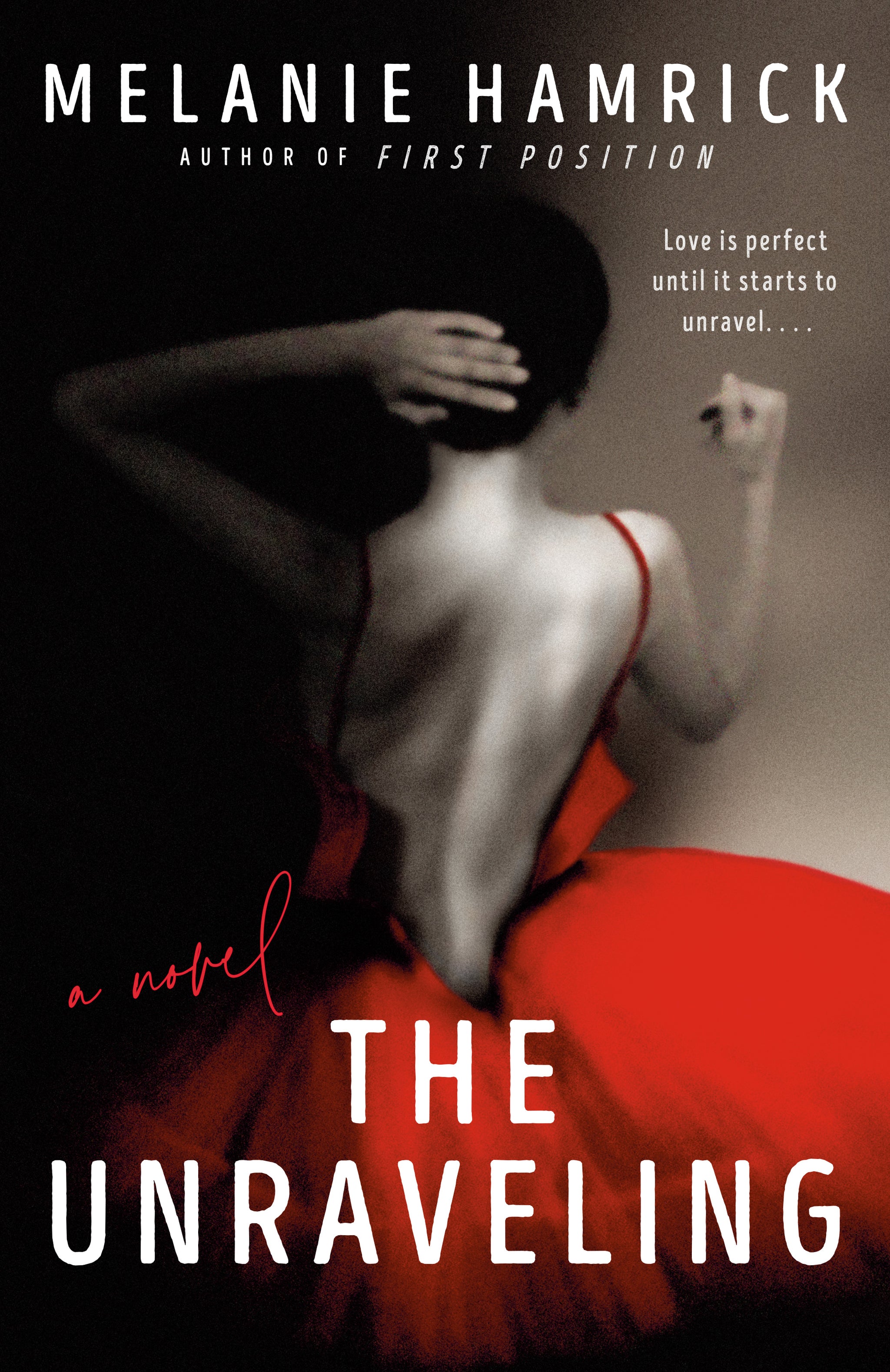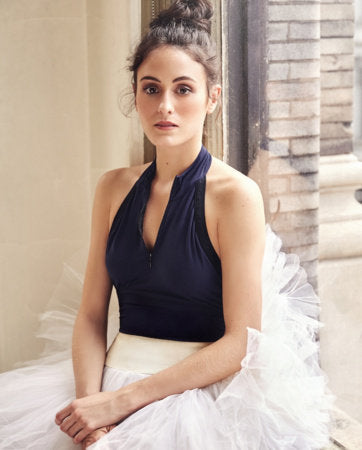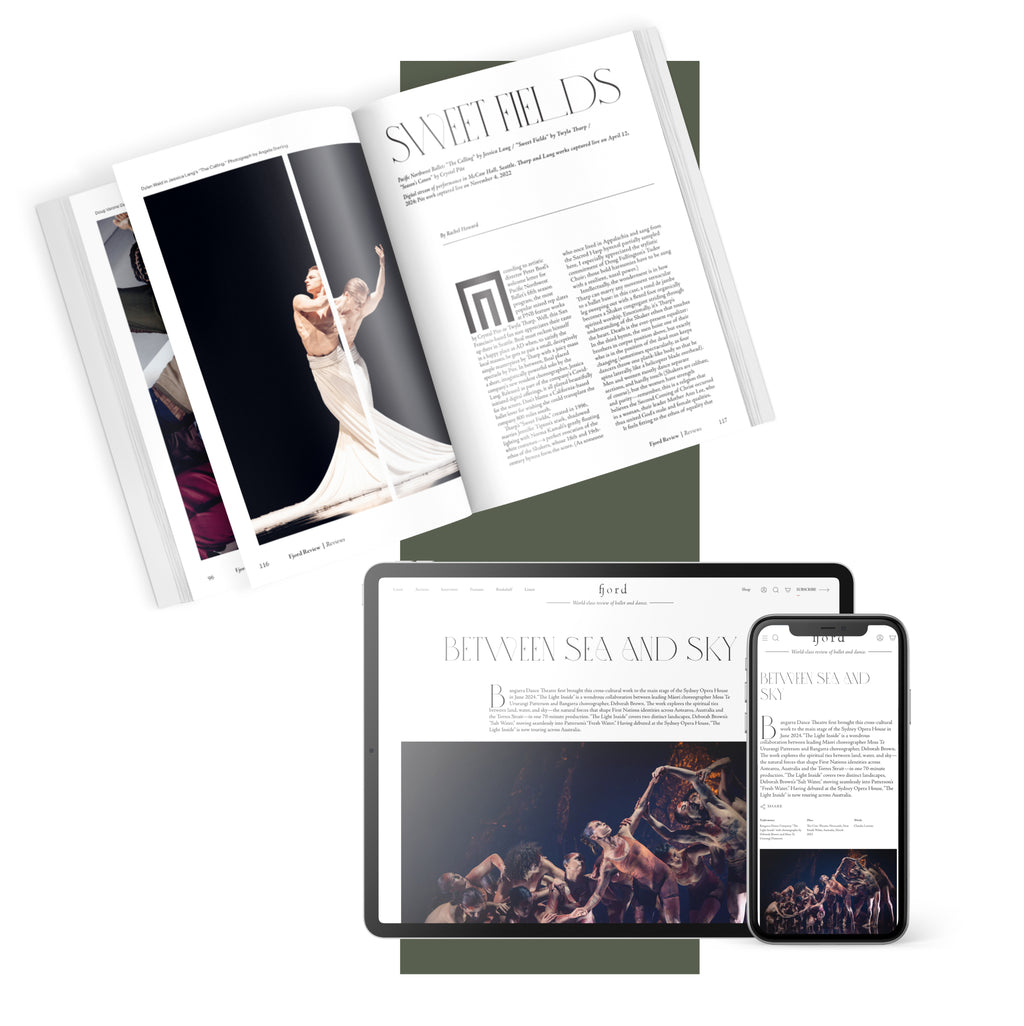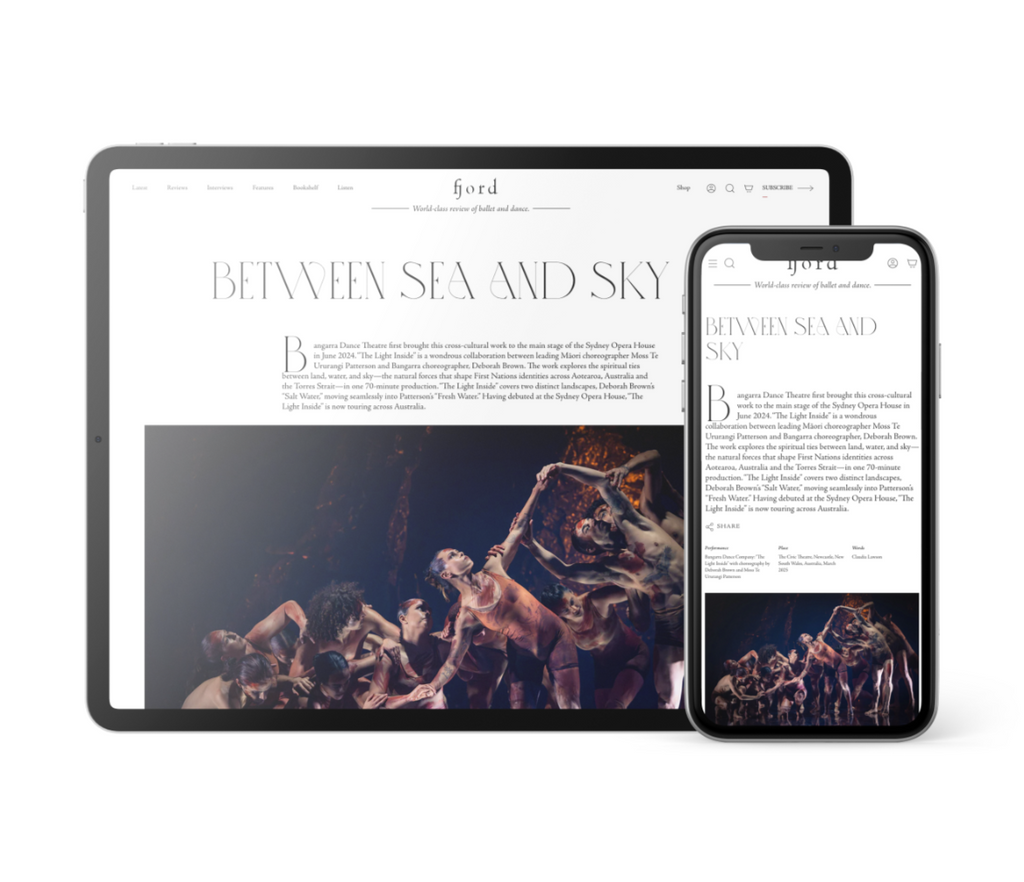Published in 2023, First Position follows the story of Sylvie Carter, a dancer at the fictional North American Ballet, as she grapples with past trauma while navigating a newfound attraction to a visiting guest artist. The Unraveling, released on August 13, takes place in the same world, instead following Sylvie's best friend, Jocelyn Banks, as she navigates a career transition and a romance of her own.
Both books are page-turning beach reads with a Black Swan bent, a clear voice, and an innate approachability. They’re simultaneously fun and authentic, yet they don’t shy away from body politics and some of ballet’s harsher realities. Fjord Review talked with Hamrick about how she achieved this balance, why ballet is the perfect setting for a romance, and her 17 pets. This interview has been edited for length and clarity.
How does The Unraveling build on themes you introduced in First Position?
Melanie Hamrick: I would love to broaden the audience of dance, in a fun way. First Position deals with an older choreographer with power over a young teenager. I thought, ‘How could we explore this, while still trying to write a fun beach read?’ And then with The Unraveling, I wanted to touch on the fact that ballet companies, mostly in the U.S., still need private funding. They still need sponsorships, so I just took that and spun it in a romance way—what could be spicy about it?
How did you strike a balance between acknowledging some of these realities about the ballet world while also making both books fun and dramatic?
I definitely felt The Unravelling was easier. I just felt more confident as a writer. First Position was more delicate, because it involved a situation where it was a man in a position of power. The Unraveling has that as well, but it's more of a choice that Jocelyn makes. It's not her boss, like in First Position. I think I just had to keep in mind, firstly, it's fiction, so let's not take it too seriously, but also let's not cross too many lines in relation. And let's have her keep her power, or find her power again. I think that really made it easier to write knowing she's not going to lose her power. She might, for a little bit, get lost. And sometimes my editor was like, ‘I think we need to lighten the mood a little in this scene, you've taken it a little too dark. Remember, this is romance.’ It was just a lot of editing, like months of editing.
Your books certainly involve some steamy scenes. Given that ballet dancers have a complex history with being sexualized, how did you approach your depictions of their sexuality?
It was tricky because of the history of ballet, but I wanted people to be aware of this history. In the French court, the men would go into a room and the ballet dancers would enter and the men would choose a ballet dancer. It's changed so much, thankfully, but it's still so stuck in its past. There’s nothing wrong with sponsoring a dancer, but when you hear it, you automatically think of the French court and the women being chosen. And personally, as a dancer, it kind of also feels like, ‘Oh, choose me,’ but then also like, ‘Wait, don't choose me, because it's sexualizing me.’ All these things are going through your head, but it's kind of what we're used to in ballet, unfortunately. I really looked at the book Manon Lescaut when I was writing The Unraveling, because it's a young woman and she's looking for a man to sponsor her and she falls in love and she's thrown into this world of jewels and this and that, and she sees a higher level for herself.





comments